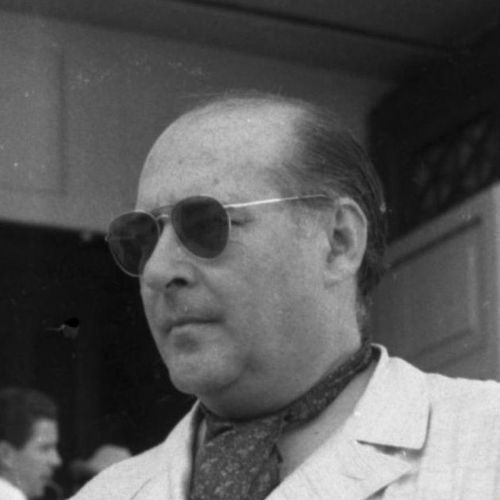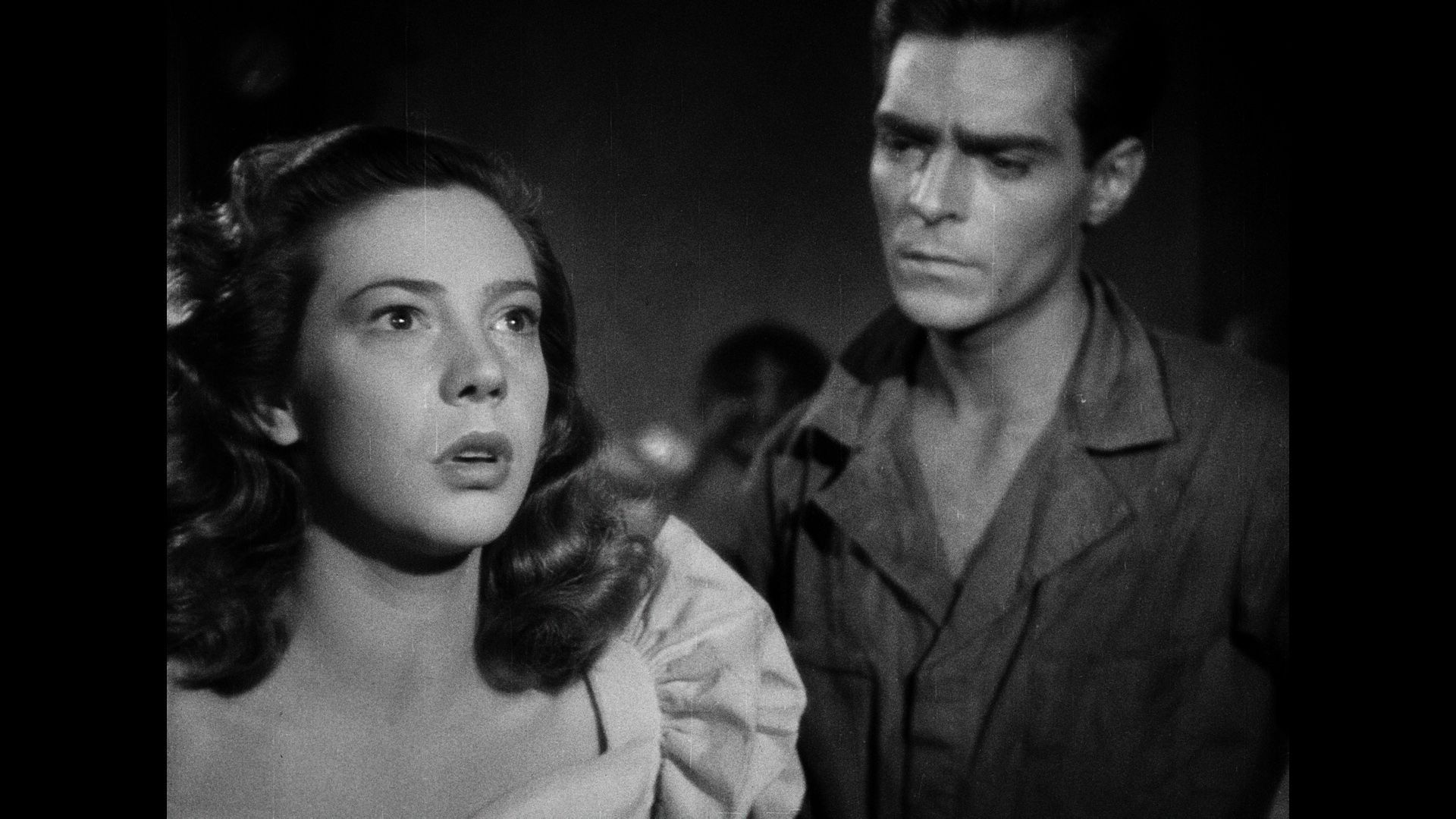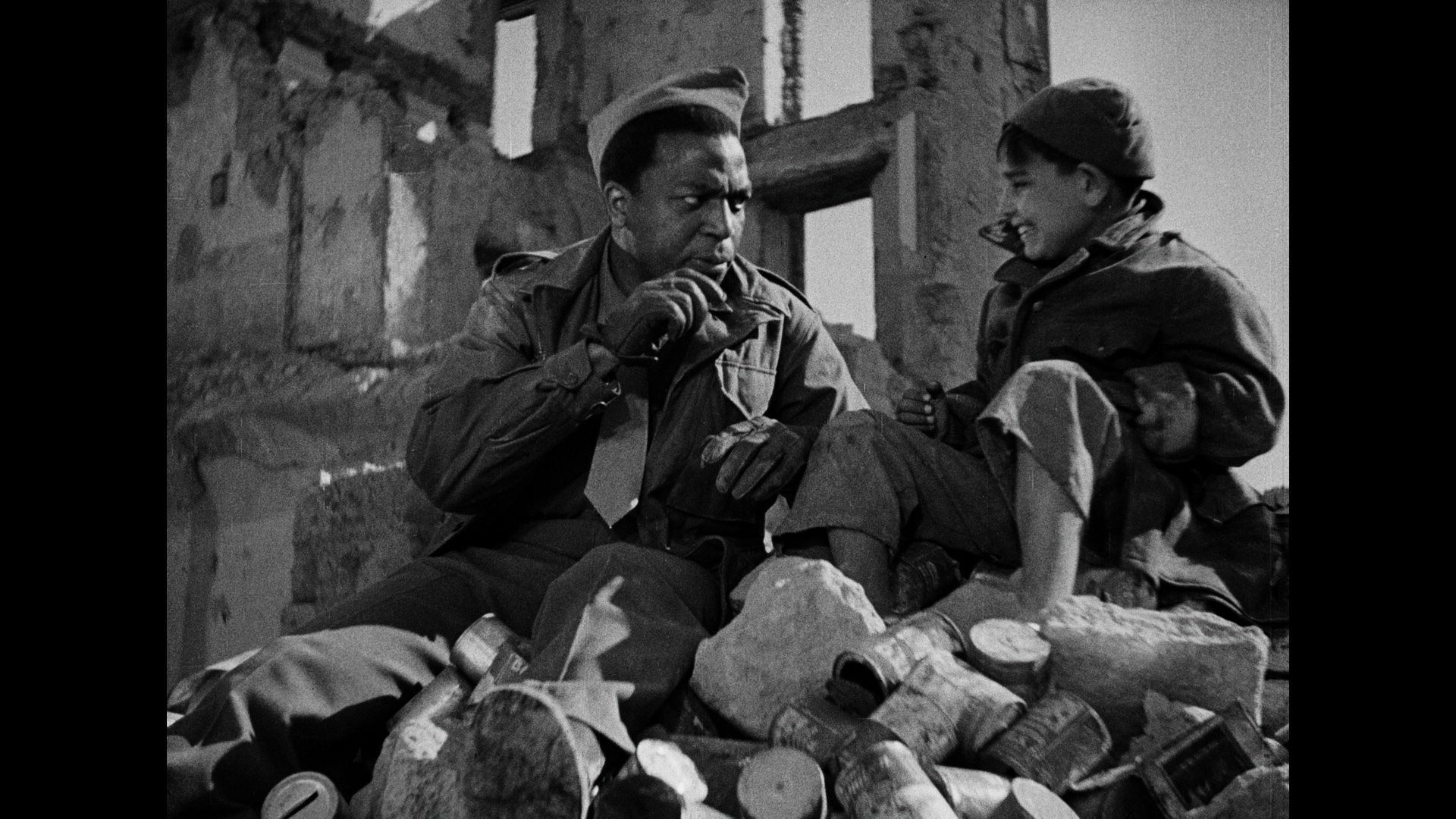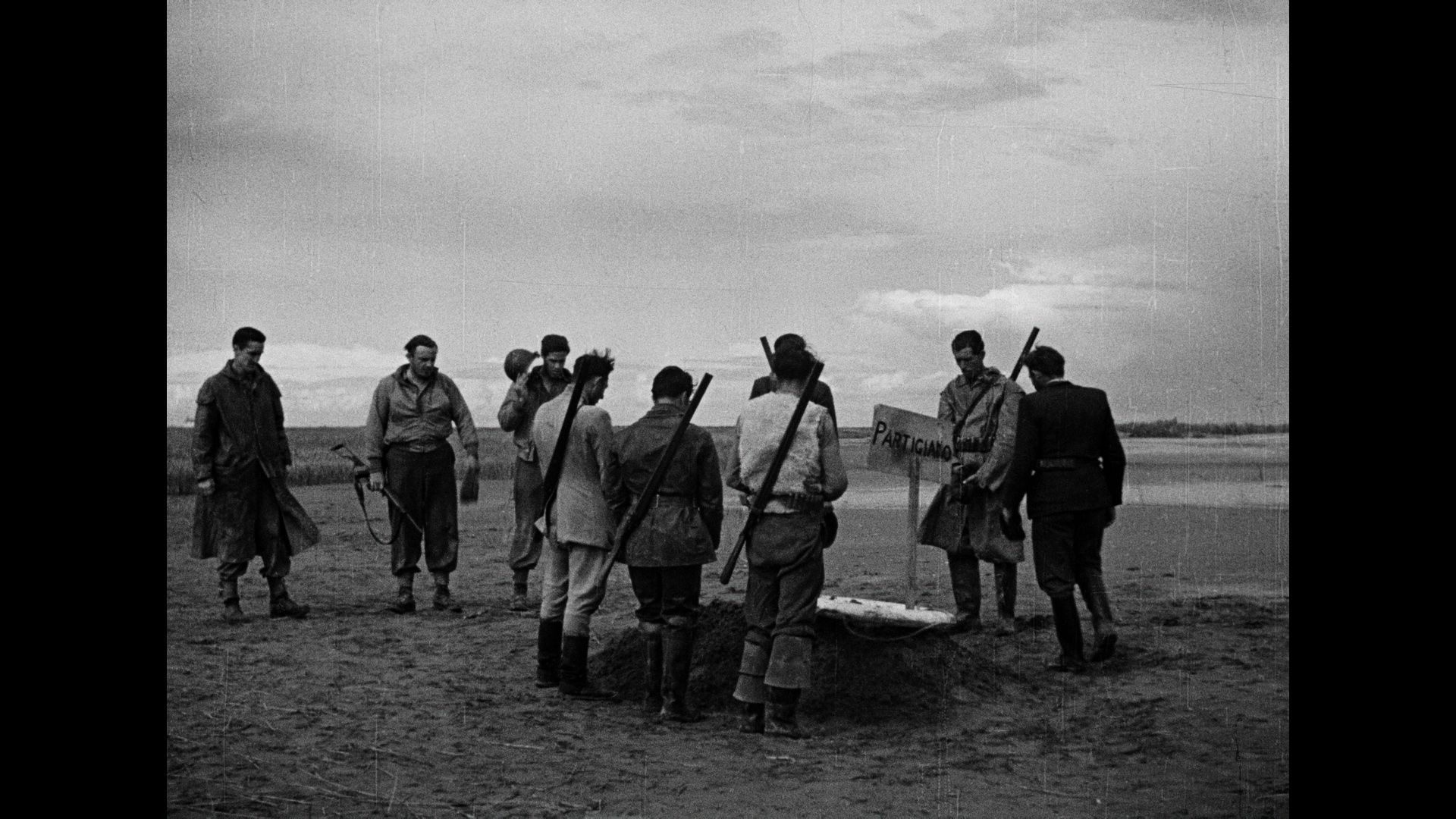Paisan
Who hasn’t admired this neorealistic film – Scorsese even became a filmmaker because of it.
Italy, at the end of the war. Allied troops move from south to north, driving the Germans out. Through six separate stories, mainly based on cultural or linguistic misunderstandings, Roberto Rossellini uses the aesthetics of documentary film to paint a chronicle of the cruelty of war and the cost of self-sacrifice, from the perspective of both the liberators and the liberated.
This is one of the most important war films, and its value has grown over time. This is reflected in the prestigious list of the best films of all time, compiled every ten years by the British Film Institute’s Sight & Sound magazine, and this is the first time “Paisan”, made in 1946, has been included.
Together with the films “Rome, Open City” and “Germany, Year Zero”, “Paisan” is a part of Rossellini’s war trilogy, which will be screened for the first time in its entirety in Estonia.
Tiit Tuumalu

Roberto Rossellini (1906–1977) was one of the most widely known post-World War II motion-picture directors of Italy. His films “Roma città aperta” (1945) and “Paisà” (1946) focused international attention on the Italian Neorealist movement in films. Rossellini’s realistic style strongly influenced the development of important cinema talents, such as the director Federico Fellini, who came into prominence in the 1950s. His neo-realist films influenced France's Nouvelle Vague movement in the 1950s and 60s that changed the face of international cinema. He also influenced American directors, including Martin Scorsese.
L'uomo dalla croce (1943), Roma città aperta (1945), Paisà (1946), Germania anno zero (1948), Francesco, giullare di Dio (1950), Europa '51 (1952), Viaggio in Italia (1954), Viva l'Italia (1961), Il messia (1975)



